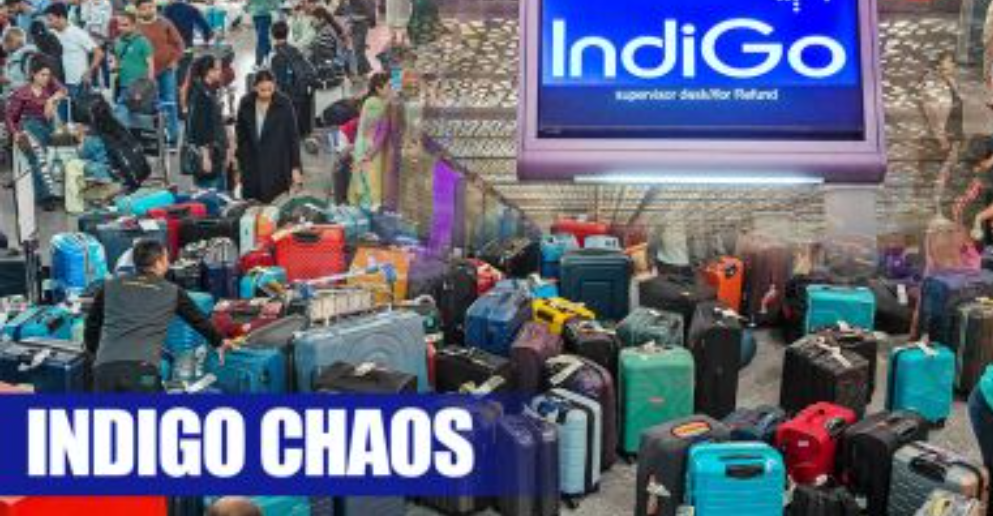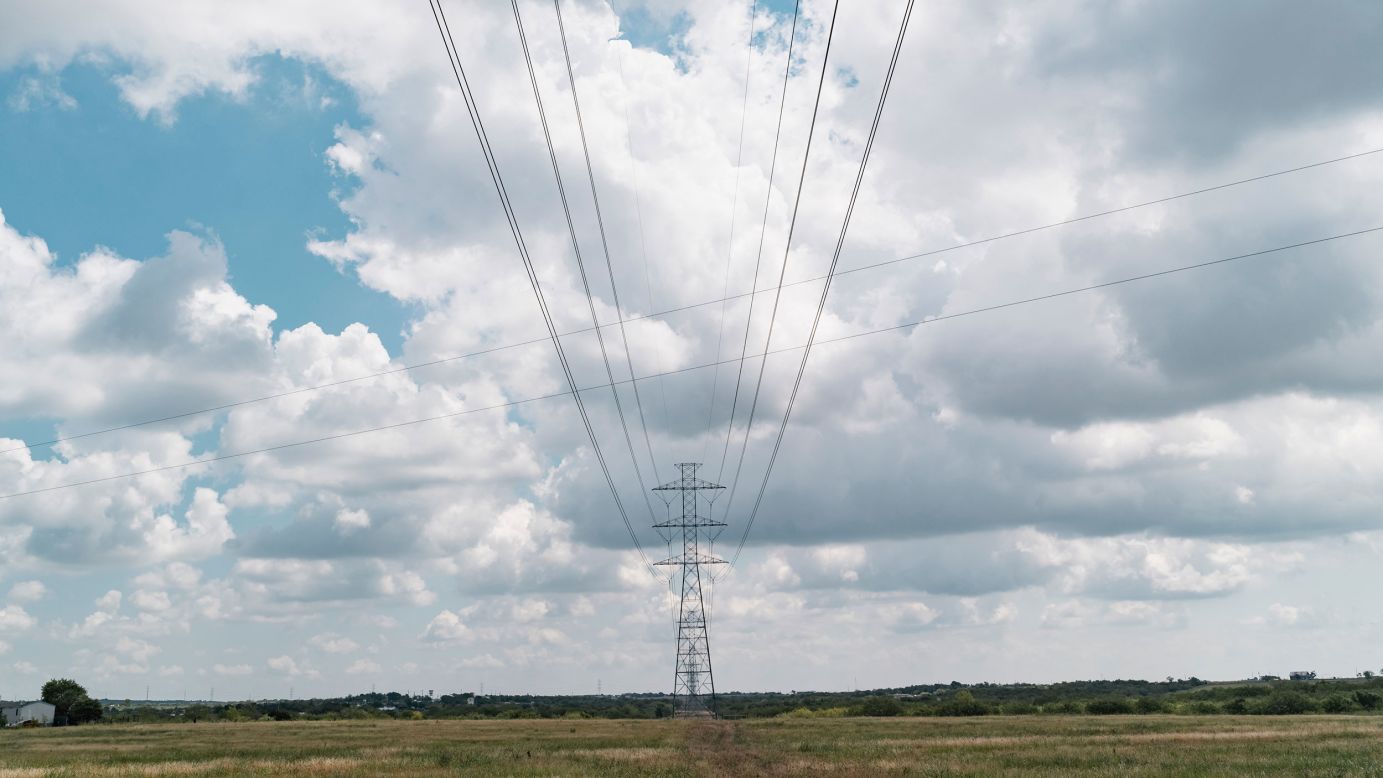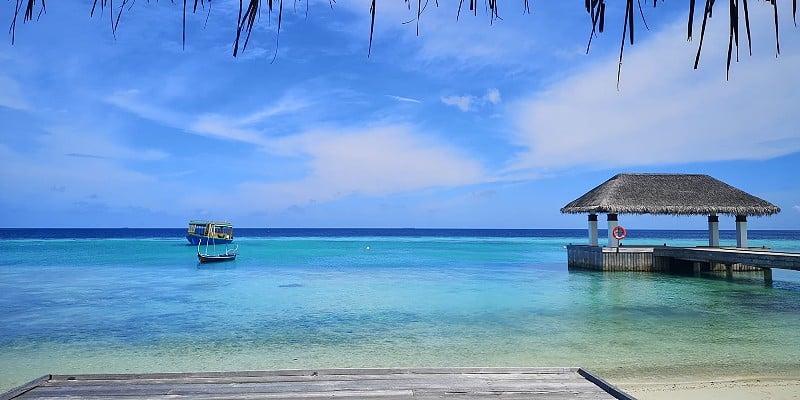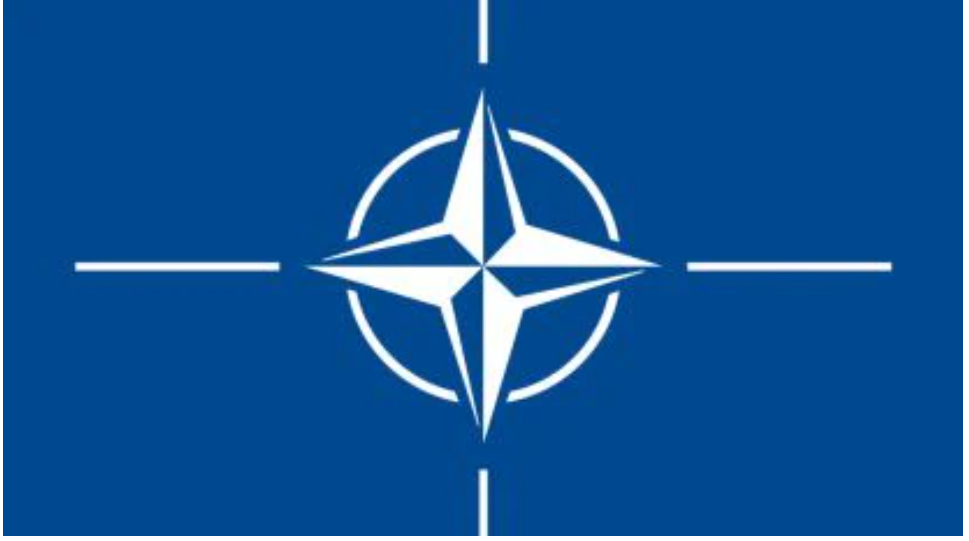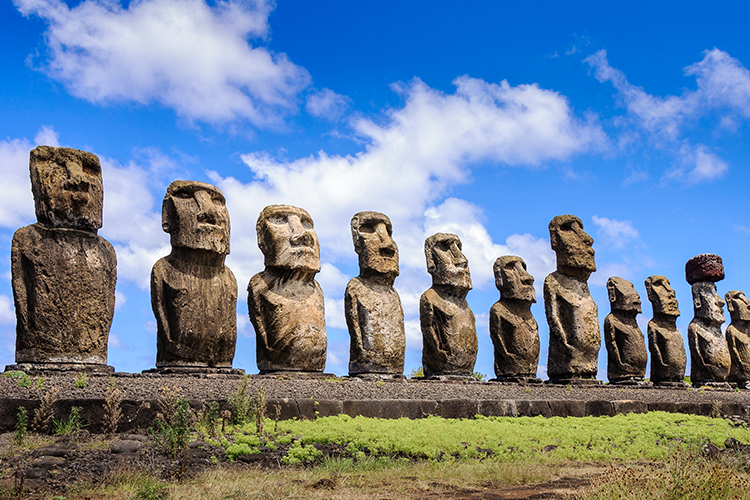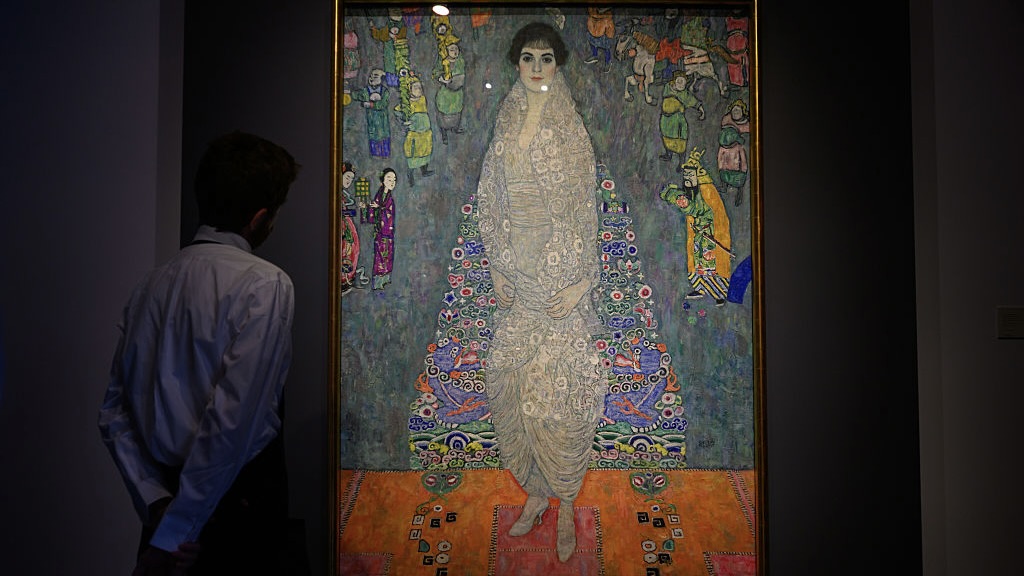Tren de Aragua, translating to “Train of Aragua,” is a notorious Venezuelan criminal organization that has evolved from a local prison gang into a transnational syndicate. Originating in the Tocorón prison in Venezuela’s Aragua state, the gang has expanded its operations across multiple Latin American countries and, more recently, into the United States.
Origins and Evolution
Established within the Tocorón prison, Tren de Aragua began as a prison gang. Over time, it extended its influence beyond the prison walls, engaging in various criminal activities such as human trafficking, extortion, drug trafficking, and kidnapping. The gang’s name is believed to have originated from a labor union associated with a railway project in the Aragua region, which was never completed.
Leadership
The gang is led by Héctor Rusthenford Guerrero Flores, also known as “Niño Guerrero.” While incarcerated, Guerrero Flores transformed Tren de Aragua into a formidable criminal enterprise, using the prison as a base for operations.
Expansion and Activities
Tren de Aragua has capitalized on the Venezuelan refugee crisis to extend its reach into countries like Colombia, Ecuador, Peru, Chile, and the United States. The gang operates through a decentralized structure, establishing cells in various cities that coordinate to manage transnational criminal activities.
Designation as a Foreign Terrorist Organization
On January 20, 2025, President Donald Trump issued an executive order directing the Secretary of State to identify international cartels and organizations for designation as Foreign Terrorist Organizations (FTOs) or Specially Designated Global Terrorists (SDGTs). Subsequently, Tren de Aragua was designated as an FTO, reflecting the administration’s strategy to combat transnational criminal organizations by applying counterterrorism measures.
Recent Deportations and Legal Controversies
In March 2025, the Trump administration invoked the Alien Enemies Act of 1798 to expedite the deportation of individuals associated with Tren de Aragua. This act grants the president broad wartime powers to expel non-citizens without court hearings. Despite a federal judge’s temporary block on these deportations, some proceeded, leading to legal debates over presidential authority and civil liberties.
International Cooperation
The United States has collaborated with countries like El Salvador to detain deported gang members. El Salvador’s President Nayib Bukele confirmed the imprisonment of 238 alleged Tren de Aragua members in a maximum-security facility, reflecting a joint effort to combat organized crime.
Impact on U.S. Immigration Policy
The designation of Tren de Aragua as a terrorist organization has influenced U.S. immigration policies, leading to stricter measures against individuals associated with the gang. This move underscores the administration’s commitment to addressing the threats posed by transnational criminal organizations.
In summary, Tren de Aragua has evolved from a Venezuelan prison gang into a transnational criminal organization, prompting significant policy responses from the United States, including its designation as a Foreign Terrorist Organization and the invocation of the Alien Enemies Act to address its activities.
Discover more from AMERICA NEWS WORLD
Subscribe to get the latest posts sent to your email.








